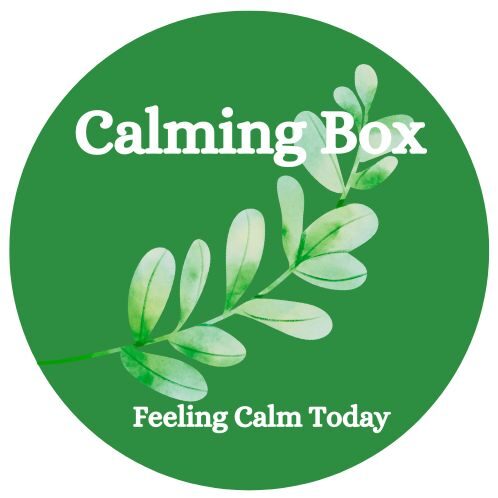Build your foundation of calm by understanding and building your own sustainable resilience.
Understanding Toxic Relationships
Toxic relationships are characterized by emotionally and physically damaging behaviours.
Manipulation, control, belittlement, and a lack of support. Toxicity arises from: romantic partners, friends, colleagues, and even family members. Recognizing the signs early is crucial to protecting your well-being.
Recognizing the Signs
Understanding the signs of toxic relationships is the first step toward protecting yourself. Do you feel?
- Feeling exhausted: feel drained after interacting with someone, is your body telling you the relationship is destructive.
- Walking on Eggshells: If you feel you have to walk on eggshells around someone to avoid conflict, it’s a red flag.
- Constant Anxiety: Feeling anxious, stressed, or fearful in a relationship is a strong indicator of toxicity.
- Loss of Self-Esteem: Toxic relationships erode your self-esteem and leave you feeling bad about yourself.
Romantic Relationships
- Control and Manipulation: In toxic romantic relationships, one partner seeks to control the other. Manifesting as monitoring your activities, dictating who you can see or what you can do, and using guilt or threats to manipulate your actions. For instance, they might insist on knowing where you are at all times, or make you feel guilty for spending time with friends or family.
- Emotional Abuse: Using derogatory language, insults, or threats to diminish your self-esteem and create dependence. Phrases like “You’ are lucky to have me” or “No one else would ever love you” are used to make you doubt yourself and feel trapped. Under the guise of using humour. “I was only joking”
Friend Relationships
- Lack of Reciprocity: In toxic friendships, there is often a significant imbalance in the give-and-take dynamic. A toxic friend may expect favours and support from you without offering the same in return, making the relationship one-sided. You may always be the one to listen, support, and give, while receiving little to nothing back.
- Disrespecting Boundaries: A toxic friend will ignore your boundaries, overstep limits, and not respect your privacy or family space. They might show up unannounced, invade your personal space, or involve themselves in aspects of your life where they are not welcome.
Family Relationships
- Overbearing Control: Toxic family members may try to control significant aspects of your life, such as career choices, relationships, or lifestyle, without considering your autonomy. They might pressure you to follow a particular path or make decisions that align with their desires, not yours.
- Constant Criticism: Constant criticism is a sign of a toxic family relationship. Toxic family members criticize your choices, appearance, and lifestyle in ways to undermine your confidence. Statements like “You’ll never be good enough” or “Why can’t you be more like your sibling?”.
Colleague Relationships
- Undermining Work: In the workplace, toxic colleagues take credit for your achievements, sabotage your projects, or spread false information to damage your reputation. This makes your work environment stressful and hinders your professional growth.
- Lack of Professionalism: Toxic colleagues disregard professional boundaries, gossip, or create conflicts affecting workplace harmony. They might involve you in unnecessary drama, spread rumors, or behave in ways that disrupt the professional environment.
Taking Action
If you recognize these signs in any of your relationships, it’s important to take action. Setting boundaries, seeking support from trusted friends or a therapist, and, if necessary, distancing yourself from the toxic individual can protect your mental and emotional well-being. Remember, you deserve to be in relationships that are supportive, respectful, and nurturing.
Keep building your sustainable foundation of calm. You can grow by learning to use all the tools in your calming box.

